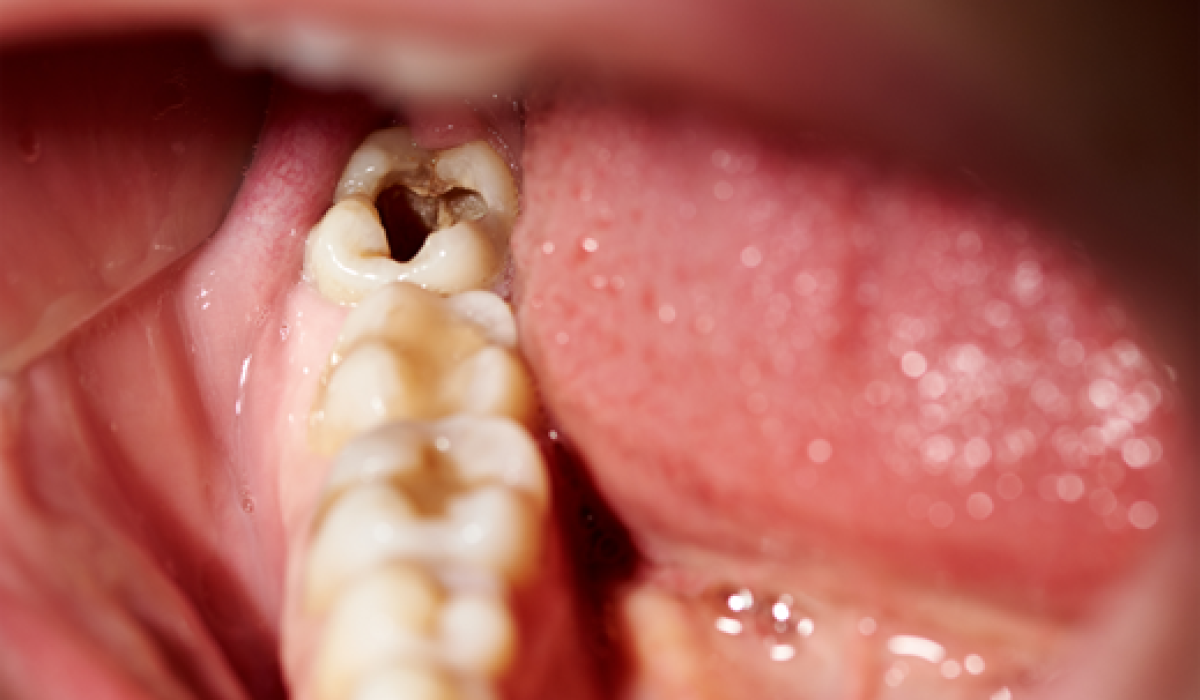Dental caries, commonly known as tooth decay or cavities, is a prevalent oral health issue affecting people of all ages. It occurs when bacteria in the mouth produce acids that erode the tooth enamel. Dental caries can lead to tooth sensitivity, pain, and even tooth loss if left untreated. However, with proper prevention and management strategies, dental caries can be effectively controlled. In this article, we will explore essential tips to manage dental caries and promote optimal oral health.
I. Preventive Measures:
- Brushing: Brush your teeth at least twice a day using fluoride toothpaste to remove plaque and strengthen tooth enamel.
- Flossing: Regular flossing helps remove food particles and plaque from between the teeth and along the gumline.
- Balanced Diet: Limit sugar and carbohydrate consumption, as they contribute to bacterial growth and acid production. Opt for a balanced diet rich in fruits, vegetables, and dairy products.
- Fluoride: Incorporate fluoride into your oral care routine by using fluoridated toothpaste or mouthwash, or by drinking fluoridated water if available.
- Dental Sealants: Consider getting dental sealants, which are thin, protective coatings applied to the chewing surfaces of molars to prevent decay.
II. Oral Hygiene Practices:
- Regular Dental Visits: Schedule routine dental check-ups and cleanings every six months or as recommended by your dentist.
- Professional Cleaning: Professional cleanings remove plaque and tartar buildup, reducing the risk of dental caries.
- Fluoride Treatment: Ask your dentist about fluoride treatments, which can strengthen tooth enamel and prevent decay.
- Oral Hygiene Education: Learn proper brushing and flossing techniques from your dentist or dental hygienist.
- Mouthwashes: Use antimicrobial mouthwashes recommended by your dentist to control bacterial growth and maintain oral hygiene.
III. Lifestyle Modifications:
- Limit Snacking: Frequent snacking increases the exposure of teeth to acids, promoting dental caries. Opt for healthier snacks and limit snacking between meals.
- Avoid Tobacco and Alcohol: Tobacco and alcohol use can lead to dry mouth, which increases the risk of tooth decay. Quit smoking and limit alcohol consumption.
- Hydration: Drink plenty of water throughout the day to maintain saliva production, which helps neutralize acids and wash away food particles.
- Stress Management: High stress levels can lead to teeth grinding and clenching, increasing the risk of tooth decay. Practice stress management techniques like exercise and meditation.
IV. Additional Considerations:
- Fluoride Supplements: Consult your dentist or pediatrician regarding fluoride supplements if you live in an area with low fluoride levels in the water.
- Saliva Substitutes: If you suffer from dry mouth, ask your dentist about saliva substitutes to help maintain oral moisture.
- Dental Restorations: If dental caries are detected, timely dental restorations such as fillings or crowns can prevent further damage and preserve tooth structure.
Preventing and managing dental caries is crucial for maintaining optimal oral health. By adopting preventive measures, practicing good oral hygiene, making lifestyle modifications, and seeking professional dental care, you can effectively manage dental caries and promote a healthy smile. Remember, a proactive approach to oral health is the key to preventing dental caries and preserving your natural teeth.



